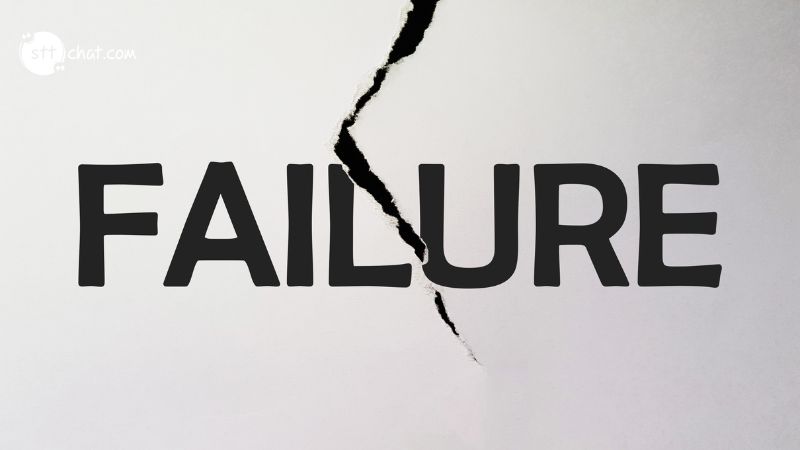- Stay silent when angry to prevent regretful words, reflect, and avoid escalation.
- Silence when your words aren’t valued saves energy, shows maturity, and earns respect.
- Listening in silence deepens understanding, strengthens relationships, and promotes growth.
When should you choose silence in communication?
Silence is crucial in three key situations: when you're angry, when people don't value your words, and when you want to listen. It helps prevent conflict, preserves energy, and fosters better understanding and stronger relationships.Be Silent When You Are Angry:
Anger is a powerful emotion that can cloud your judgment, causing you to react impulsively and say things you don’t mean. When emotions run high, words spoken in the heat of the moment can be hurtful and damaging to relationships. Silence, however, gives you the space to regain control. By choosing not to speak when you're angry, you prevent yourself from saying something you might regret later. It also gives you time to reflect on why you're upset and whether your response is justified. This pause allows you to calm down, gather your thoughts, and approach the situation with a clearer, more rational mindset. In many cases, silence helps de-escalate potential conflicts, allowing for a more peaceful resolution once tempers have cooled. By holding back until you're ready to speak with clarity and kindness, you protect your relationships and maintain your emotional integrity.
Anger is a powerful emotion that can cloud your judgment, causing you to react impulsively and say things you don’t mean - Source: Internet






